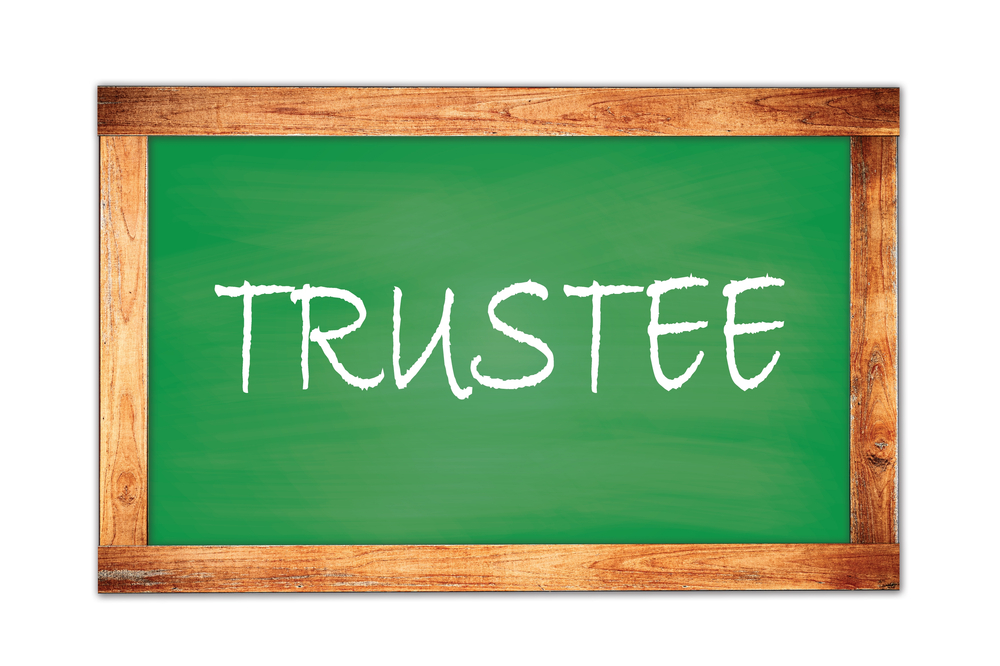Am I responsible for mistakes I make as a trustee?

If this is the first time you have served as a Trustee, you may be wondering what your responsibilities are. New Trustees often wonder if they will be held personally responsible for any mistakes that are made during the trust administration. To help you understand your new role as a trustee, the Indianapolis attorneys of Frank&Kraft will discuss whether or not you can be held responsible for any mistakes you make. Trustees are responsible to protect and manage trust assets as well as carry out the terms of trust as laid down by the Settlor. The duties are complex and wide-ranging, encompassing everything from asset management to record-keeping and conflict resolution between beneficiaries. The Trustee’s decisions directly affect the success or failure of the trust, so choosing the right person is essential. Nevertheless, it is not uncommon for Settlors to appoint a family member or friend without fully understanding the demands of the position, potentially leading to complications if the appointee lacks the necessary skills or experience.
Are Trustees Personally Responsible for Mistakes?
One of the most challenging aspects of serving as a Trustee is understanding that mistakes can expose the Trustee to personal liability. Even with the best of intentions, lack experience or financial expertise may increase the risk of mistakes. Trustees often make decisions that involve significant assets and complex investments. These responsibilities can come with legal and financial risks. When a Trustee makes mistakes, whether due to inexperience or oversight, they could face personal liability, which could affect their personal finances.
What Types of Liability Could a Trustee Face?
Trustees can be liability to both third parties and trust beneficiaries for various reasons. Third-party liability is often a result of interactions with trust investments or financial transactions made on behalf by the trust. If a Trustee breaches an agreement or fails to pay debts, they could be held liable if they acted without authority or did not follow trust terms. Some common mistakes that could lead to liability include:
Failure to follow the trust’s terms:
If the Trustee does not distribute assets according the trust’s instructions, beneficiaries may have grounds to hold the Trustee accountable.
- Overlooking debts or taxes owed by the trust: Failing pay debts or taxes in a timely manner could lead fines or penalties that diminish the value of the estate. Some common mistakes that could lead to liability include:
- Failure to follow the trust’s terms: If the Trustee does not distribute assets according to the trust’s instructions, beneficiaries may have grounds to hold the Trustee accountable.
- Overlooking debts or taxes owed by the trust: Failing to pay debts or taxes in a timely manner could lead to fines or penalties that diminish the trust’s value.
- Making high-risk investments: Trustees are generally expected to make conservative investment choices, focusing on asset preservation. Risky investments that result in financial loss can make the Trustee liable.
- Lack of communication: Failing to keep beneficiaries informed about significant trust matters may cause issues and result in personal liability for the Trustee.
Conflict of interest:
If the Trustee’s actions benefit their own interests over the trust’s, this “self-dealing” could result in significant liability.
Can Trustees Avoid Personal Liability?
It is natural for Trustees to want to avoid personal liability, and there are practical steps they can take to minimize risks. Trustees should adhere to the prudent investor standard, which requires them to make risk-averse investments that prioritize the trust’s principal. Trustees should avoid speculative investments and make decisions that support the trust’s long-term financial stability.
Engaging professional assistance is another crucial way to reduce the likelihood of liability. A financial advisor can guide you in making investment decisions that are consistent with prudent investor standards. A trust administration attorney can be of great benefit, as they can offer advice on the legal aspects of trust administration and help to interpret trust terms. They can also ensure compliance with applicable laws and regulations. A Trustee who has professional support is less likely to make costly mistakes, which can reduce the risk of personal liability. Transparency helps to prevent misunderstandings and disputes. For more information, join us at an upcoming FREE seminar. Contact the Indianapolis trust administration attorneys of Frank & Kraft
at (317) 684-500 for an appointment if you have any additional questions or concerns regarding mistakes you may make as a Trustee. Read More! Latest Posts by Paul A. Kraft Estate Planning Attorney (see all)






